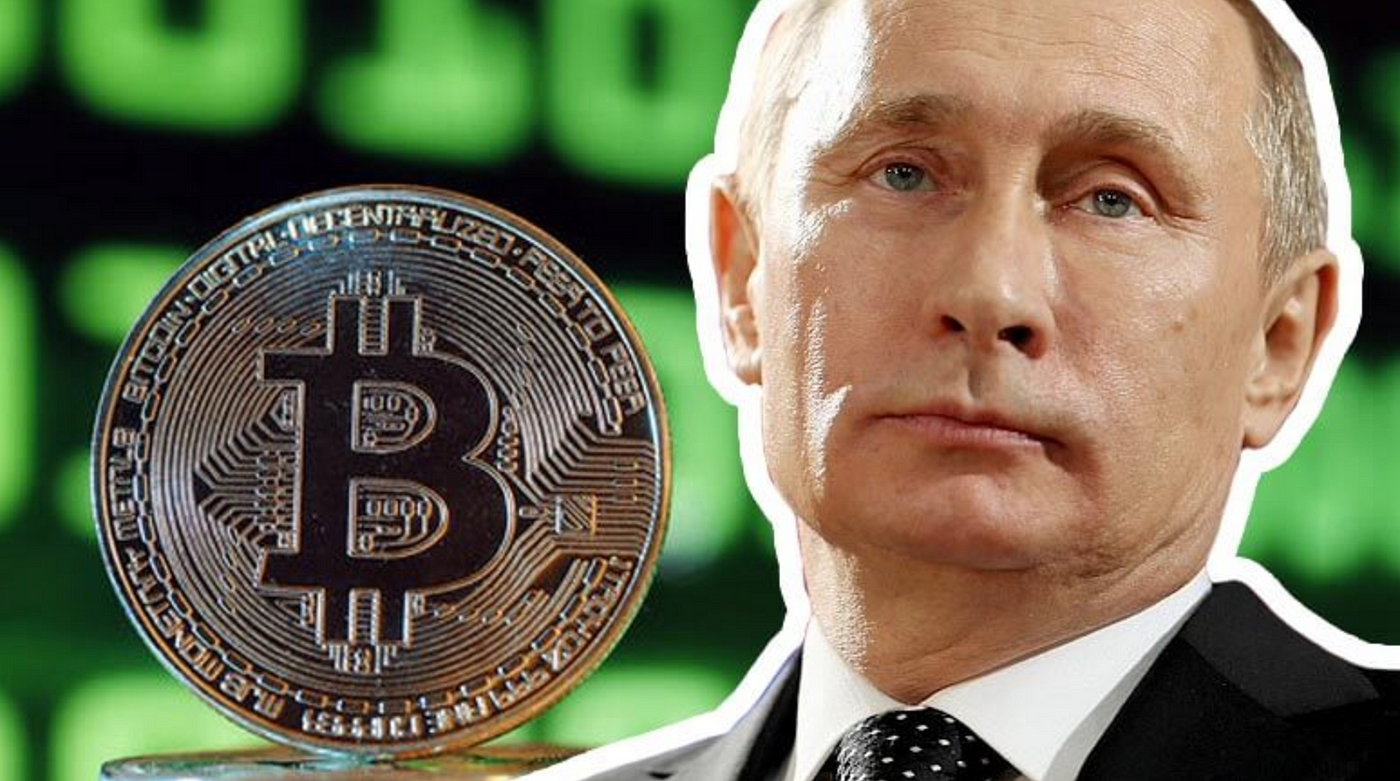Russian President Signs Law Recognizing Bitcoin as Property

Russian President Signs Law: Russia has taken a significant step in its approach to cryptocurrency regulation by officially classifying Bitcoin and other digital assets as property. This decision provides a clearer legal framework for the use and ownership of cryptocurrencies within the country’s Top 6 Play-to-Earn and Crypto Gambling Ventures of 2025.
Why Is This a Major Development for the Crypto Sector?
Russia’s recognition of cryptocurrencies as property is a landmark move. Particularly given its large population of crypto investors. This change paves the way for new opportunities in digital asset trading, ownership rights, and international trade using cryptocurrencies.
The Journey of Crypto Regulation in Russia: From Uncertainty to Clarity
![]() For years, Russia’s stance on cryptocurrencies has been inconsistent. The Bank of Russia has often voiced its opposition to the crypto sector, citing risks to financial stability. Meanwhile, the Ministry of Finance has advocated for a more supportive regulatory framework. This new law represents a significant step toward resolving these conflicting perspectives.
For years, Russia’s stance on cryptocurrencies has been inconsistent. The Bank of Russia has often voiced its opposition to the crypto sector, citing risks to financial stability. Meanwhile, the Ministry of Finance has advocated for a more supportive regulatory framework. This new law represents a significant step toward resolving these conflicting perspectives.
How Will Cryptocurrencies Be Treated Under Russian Law?
With this new legislation, Bitcoin and other cryptocurrencies are now classified as property. This means they hold tangible value, much like traditional commodities such as gold or oil. And can be used in international trade settlements. However, this recognition of Russian President Signs Law stops short of granting cryptocurrencies the status of legal tender in Russia.
Potential Impact on International Trade
The recognition of cryptocurrencies as property could facilitate trade between Russia and its allies, by allowing the use of digital assets in cross-border transactions. The law has the potential to bypass traditional financial systems. Offering a more flexible and efficient means of trade.
Clarifying the Misconception: It’s Not Legal Tender
While cryptocurrencies are now recognized as valuable assets, this does not equate to their acceptance as legal tender in Russia. Bitcoin and other cryptocurrencies cannot yet be used for everyday transactions or as an alternative to the Russian ruble.
Russia’s New Cryptocurrency Tax Policy
To complement this legal shift, the Russian government has introduced a new taxation policy for cryptocurrencies:
- Income Tax on Crypto Sales: Individuals earning profits from cryptocurrency sales will now pay a personal income tax of 13% to 15%.
- Tax Exemptions for Miners: Digital asset miners are exempt from paying value-added tax (VAT) on the cryptocurrencies they mine. Offering some relief to this segment of the crypto industry.
What Does This Mean for Crypto Enthusiasts and Investors?
This new framework is expected to boost confidence among crypto investors and enthusiasts in Russia. By providing legal clarity and a structured tax policy. The Russian government aims to integrate cryptocurrencies into the mainstream financial and trade ecosystem.
The Future of Cryptocurrencies in Russia
The recognition of cryptocurrencies as property and the introduction of tax policies signal a significant shift in Russia’s approach to digital assets. These changes may encourage greater adoption of blockchain technology and cryptocurrencies in Russia. Positioning the Russian President Signs Law country as a key player in the evolving global crypto economy.
Conclusion
Russia’s decision to recognize Bitcoin and other cryptocurrencies as property marks a turning point in the country’s approach to digital assets. By providing a Russian President Signs Law clear legal framework and introducing a structured tax policy. The Russian government is setting the stage for greater adoption and integration of cryptocurrencies into its financial and trade systems.
This move not only validates the value of cryptocurrencies as assets but also opens doors for their use in international trade settlements. Potentially offering an alternative to traditional financial systems. However, it’s important to note that this does not grant cryptocurrencies the status of legal tender in Russia.
[sp_easyaccordion id=”3368″]




